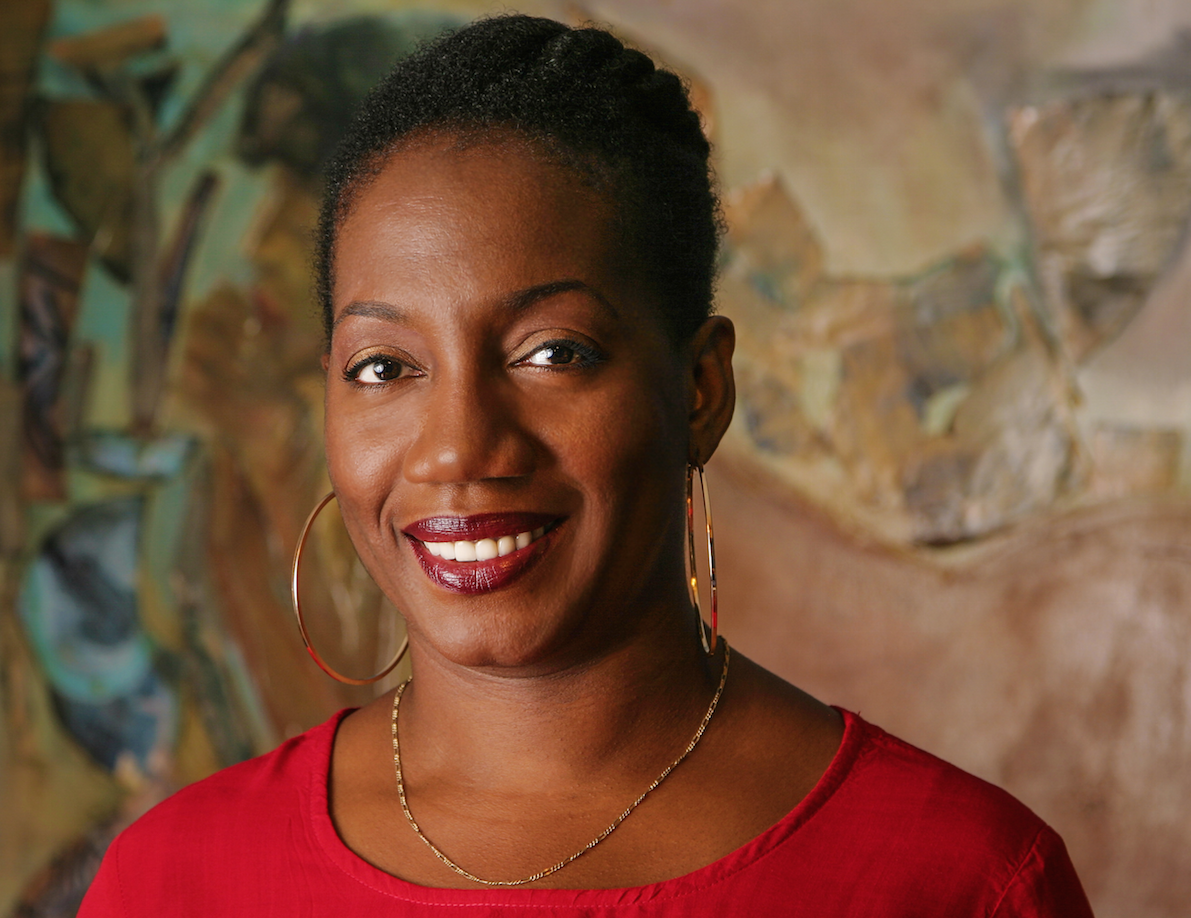
Audiobook; 5+ hrs.
I am an Amazon Affiliate
Forward by Abby Wambach, read by the author, explores her need for soccer in her life and her early hatred of the game and her talent. But at its heart, it is also a memoir that explores identity and self-love. A lot of her high school and soccer years are spent trying to be seen, but even as she is seen by the public more and more, she feels more unloved. This vacancy in her heart leads her to destructive behavior and she becomes very unbalanced. There is one moment where she turns the tables on herself — asking herself if she knows who she is.
Her life is a roller coaster of emotion where she is on highs and slumps into lows, exchanging booze for pills. However, I feel like when she decides to kick these habits, they are still there but she places less emphasis on them. She talks a lot about getting fit and kicking habits, but she still allows for medications that can be addictive. I found this a bit hypocritical, especially since they mask a larger problem. I sense that there is still denial here in how these pills mask her underlying issues. It begs the question of whether more time apart from soccer and the publicity would have given her more time for reflection and self-assessment, perhaps growth.
Forward by Abby Wambach is an inside look at a woman who has a hard time letting go of control, cannot have faith in others, and learn to love herself and know that she is worthy of love. Soccer is always there for her, even when she doesn’t want it to be. Soccer fans will love the recounting of her championships, Olympics, and more, but these are wider examples of her need for adrenaline and attention. Wambach struggles to be alone and love herself, but she never really recognizes this in the memoir. I think with more distance and further reflection, she would have written a deeper memoir.
RATING: Tercet

 About the Poet:
About the Poet:












